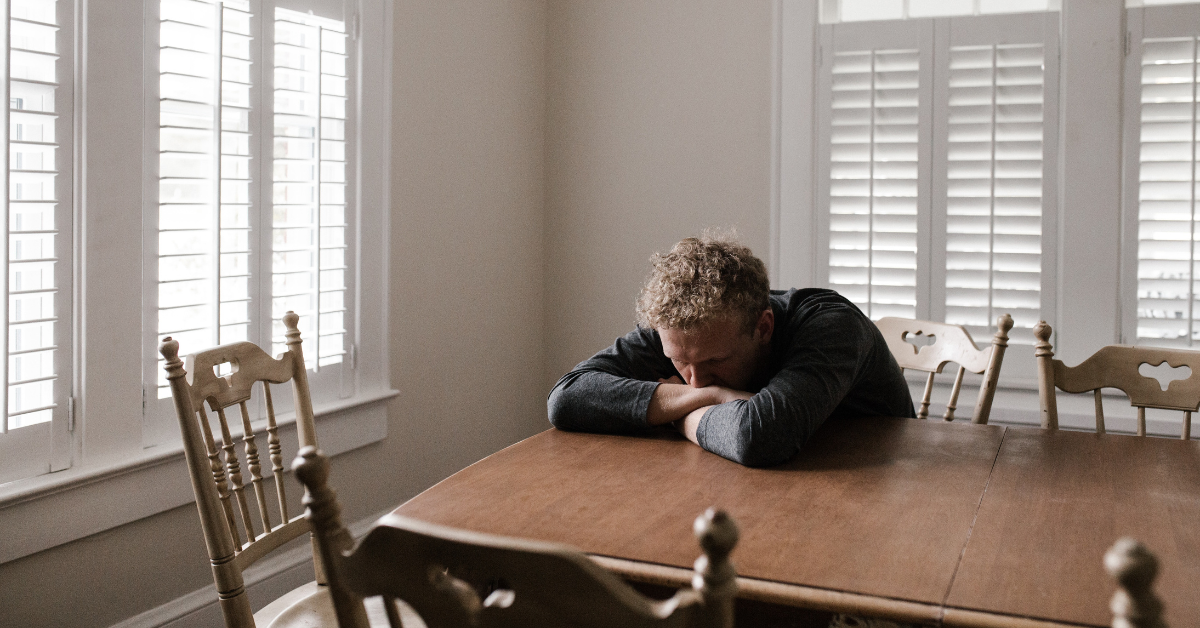Whether you’re battling heroin addiction yourself or witnessing a loved one struggle, the experience can feel incredibly overwhelming. Maybe you’ve tried to quit before, or maybe the fear of withdrawal is stopping you from taking that first step. The truth is, withdrawal can be tough, but you don’t have to go through it alone. At Milton Palm Beach Recovery, a Palm Beach recovery center, you’ll have the support, medical care, and guidance you need to get through this safely.
Understanding Heroin Withdrawal
Heroin changes the way your brain works, making your body completely dependent on it. When you stop using, your system struggles to find balance again, leading to withdrawal symptoms. It’s uncomfortable, and in some cases, dangerous. But knowing what to expect can help you feel more in control as you start your recovery journey.
What Does the Heroin Withdrawal Timeline Look Like?
Everyone’s experience is different, but here’s a general idea of what withdrawal might feel like:
6-12 Hours After Last Use
- You might start feeling restless, anxious, or irritable. Even though you know stopping is the right decision, your body and mind may start craving that next fix.
- Your muscles could start aching, and cravings can hit hard. You might feel on edge, like something is missing, and your body may begin to sweat as it reacts to the absence of heroin.
- Sleep may become difficult, and you could find yourself pacing or unable to sit still as your body adjusts to the early stages of withdrawal.
24-48 Hours After Last Use
- This is usually when withdrawal symptoms peak. Your body is in full rebellion, trying to convince you that you need heroin to feel “normal” again.
- You may feel flu-like symptoms, including sweating, nausea, vomiting, and diarrhea. Every part of your body may ache, and chills can set in, making you feel miserable.
- Sleep might be impossible, and your body could feel like it’s fighting against you. Insomnia can make the process even more frustrating, and exhaustion may leave you feeling completely drained.
- Your emotions can be all over the place. Feelings of depression, agitation, and intense cravings are common. You might feel hopeless, wondering if it will ever end. But remind yourself: This is temporary, and you’re stronger than your addiction.
3-5 Days After Last Use
- The worst of the physical symptoms start to fade, and you may begin to feel a slight sense of relief.
- You might still feel weak, and your emotions can be raw. Your body has been through a battle, and now it’s in the process of recovery.
- Depression and anxiety might feel stronger now. Since your brain is adjusting to functioning without heroin, feelings of sadness, fear, or uncertainty may seem overwhelming. This is a crucial time to seek support from professionals or a recovery community.
1-2 Weeks After Last Use
- Most of the physical symptoms will be gone, but cravings can still be intense. Your brain is still healing, and it’s normal to experience moments of temptation.
- You might struggle with mood swings, trouble sleeping, and low energy. Your body and mind are trying to find balance again, but the transition takes time.
- Post-acute withdrawal syndrome (PAWS) can kick in, leading to lingering depression and anxiety. Some days may feel easier than others, but maintaining a strong support system and healthy coping mechanisms will be crucial for long-term success.
What Comes After Detox?
Detox is just the first step. Long-term recovery requires ongoing support, therapy, and lifestyle changes. That’s why rehab programs are so important.
Partial Hospitalization Program (PHP) in Palm Beach
Milton Recovery’s Partial Hospitalization Program (PHP) offers a structured, supportive environment while allowing you to return home in the evenings.
Our PHP provides comprehensive treatment for substance abuse, combining medical support, therapy, and skill-building to help you regain control of your life. You’ll participate in individual therapy, group counseling, and evidence-based treatments tailored to your needs.
With access to medical professionals, mental health support, and relapse prevention planning, this program bridges the gap between inpatient rehab and outpatient care.
Intensive Outpatient Program (IOP) in South Florida
For those who need structured support but also want the flexibility to maintain work, school, or family responsibilities, Milton Recovery’s Intensive Outpatient Program (IOP) offers a balanced approach to treatment.
Our IOP provides in-depth therapy, relapse prevention strategies, and peer support while allowing you to return home each day. You’ll participate in individual counseling, group therapy, and evidence-based treatments designed to help you develop healthy coping mechanisms and maintain sobriety.
This program is ideal for individuals transitioning from a higher level of care, such as detox or a Partial Hospitalization Program (PHP), or for those who require ongoing support in early recovery.
At Milton Recovery, we’ll help you figure out which program is best for you.
You Deserve a Fresh Start
Breaking free from heroin isn’t easy, but it is possible. No matter how many times you’ve struggled, you have the strength to take back control of your life. You don’t have to do it alone. Help, hope, and healing are within reach.
At Milton Recovery, we’re here to guide you through every step, offering the support and care you need to build a healthier, happier future. Your past doesn’t define you. Your next choice does. Take the first step today.




